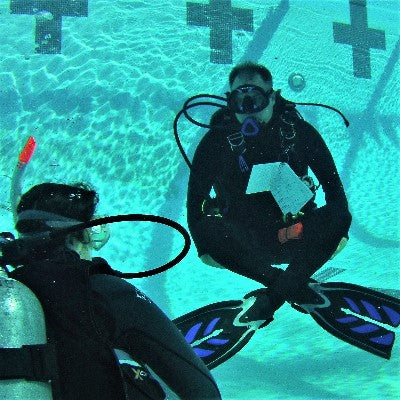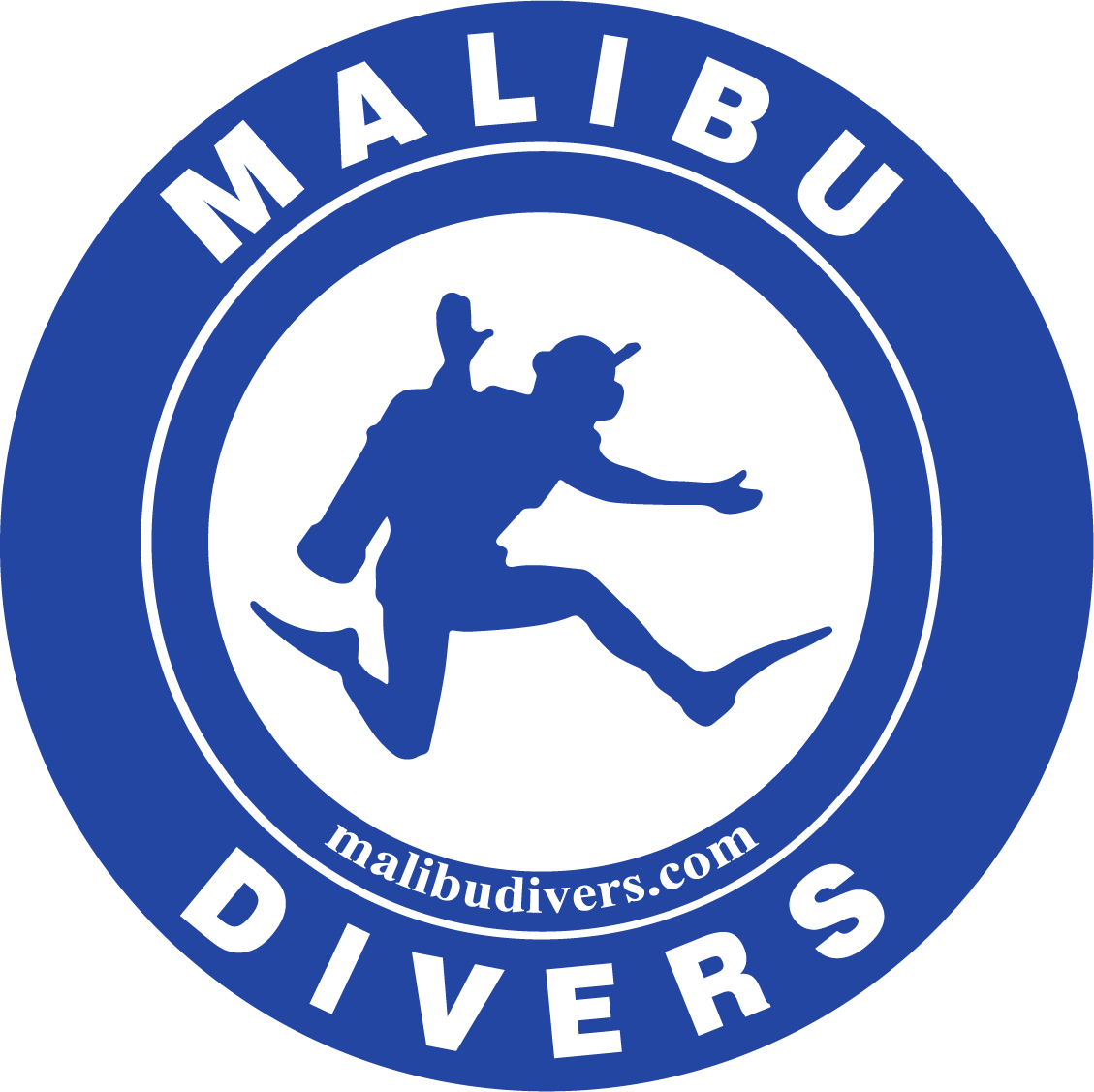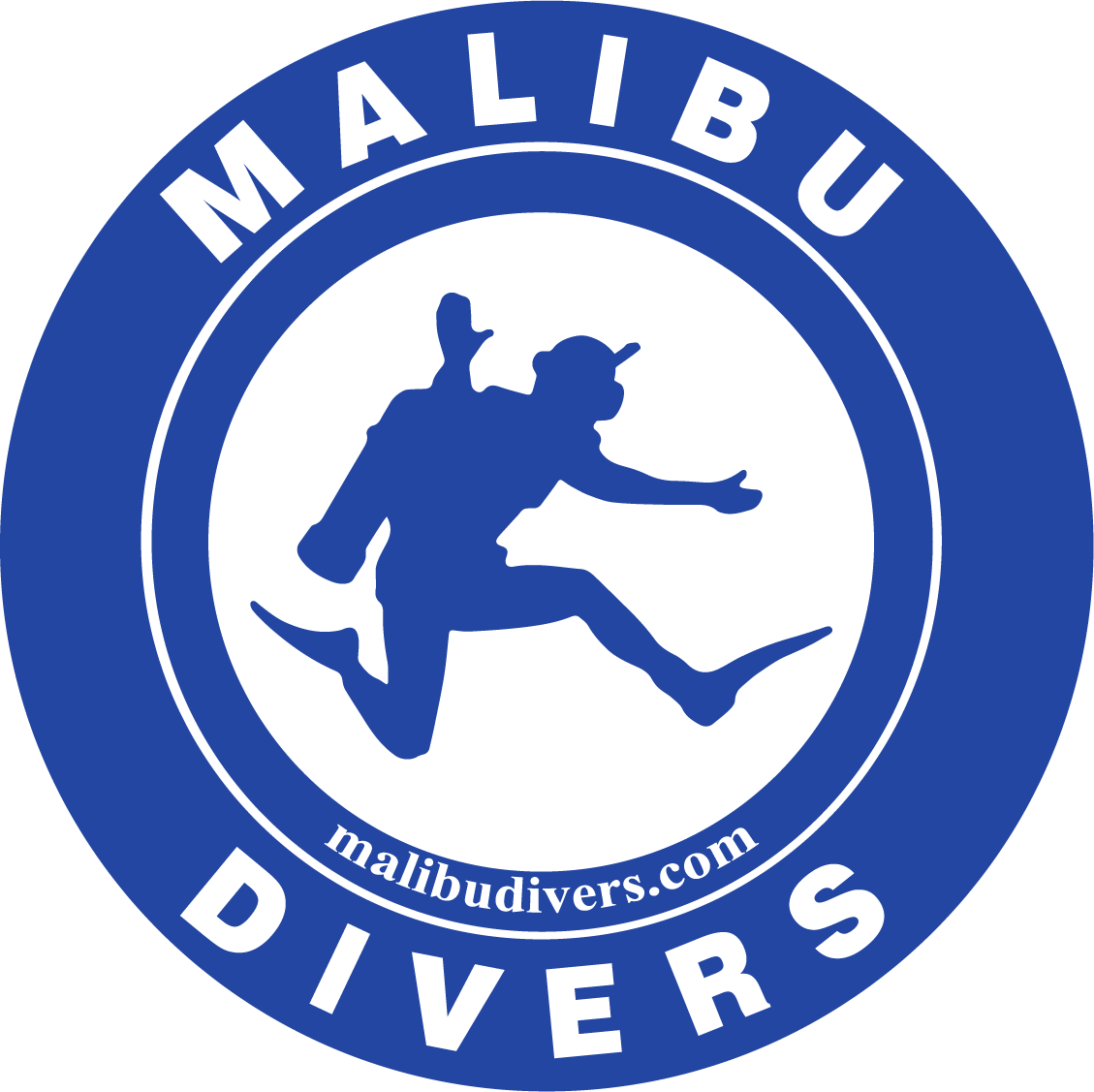
Peak Performance Buoyancy Specialty
Neutral buoyancy is a foundational skill used every time you dive. Most divers need to practice this skill every time they dive to get better and better. Start by building on your knowledge and skill with our Pro's. You will improve not only your buoyancy control but also air consumption, and your enjoyment while you expend less energy and see more marine life.
Note: we include your educational materials (manual) and your certification card with 1 or 2 training dives depending on your program. Travel expenses are not included. Choose any weekend we are conducting ocean dives in Catalina or are diving from a boat or beach.
Pairs well with
If you have any questions, you are always welcome to contact us. We'll get back to you as soon as possible, within 24 hours on weekdays.
Shipping Information
Use this text to answer questions in as much detail as possible for your customers.
Customer Support
Use this text to answer questions in as much detail as possible for your customers.
FAQ’s
Use this text to answer questions in as much detail as possible for your customers.
Contact Us
Use this text to answer questions in as much detail as possible for your customers.

